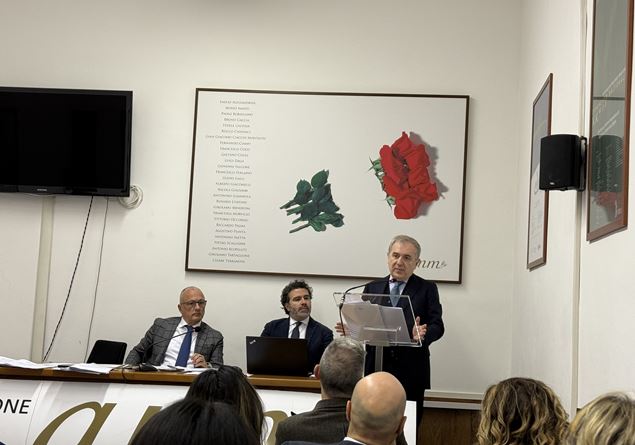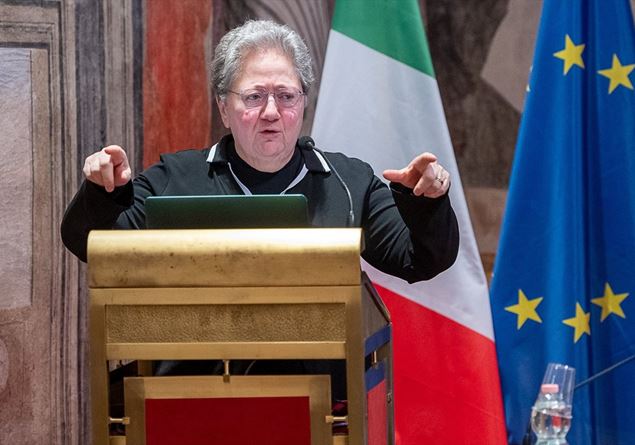“It will not be a reform that will improve justice, but one that will weaken the judicial order on the false premise that the judicial order has invaded the field of politics.” That’s not a corporate judgment of Giuseppe Santalucia, on the last board of his presidency. Pinstead, it draws inspiration from the minister’s own words Carlo Nordio who, both on the justice.it website and in a passage of the interview with the Corriere, explicitly speaks of “rebalancing of powers”. «This reform», explains the magistrate, «does not concern itself with improving the quality and quantity of the service provided to citizens, but only with the relationships between the powers of the State». It is a «game, this one between political class and jurisdiction, which has been played for 30 years. And given that the jurisdiction did not accept the impunity of politics, did not understand the primacy of politics as the politician’s claim to escape controls and laws, today it pays in terms of loosening the guarantees of independence and autonomy”. A price that the magistrates pay in the first instance, but whose “final price, in painful terms, will be paid by the citizens”.
And if it’s true that it’s necessary also do “self-criticism, because we are not free from errors”, reading the reform carefully, all the explanatory reports and the bills that are associated with it, it is clear that this is a reform that “defects in terms of logic”, but above all ” which does not meet any of the citizens’ needs. It deals with justice only in the dimension of the relationship between the powers of the State and not in that of service”.
To understand the imbalance of power it is enough just to mention the introduction of the Disciplinary Court. With the separation of careers and the establishment of two CSM (self-governing body for judges), one for the judging judiciary and one for the prosecuting judiciary, the decision on disciplinary action is removed from the two Councils and attributed to a High Court in which the magistrates do not have, as in the current CSM, a two-thirds majority. In practice, an “ad hoc tribunal” is established which decides not on career advancement or movements between one location or another, but on disciplinary actions that can weaken the unwelcome action of a judge.
For this reason, adds the secretary of the ANM, Salvatore Casciaro, it is «a reform to protect the powerful. With the separation of careers «control over the public prosecutor will be fatal and this will determine that some inconvenient investigations will never be submitted to that third judgeimpartial that reformers say they want to strengthen. There will be powerful people on duty who will be able to mitigate and control investigations that they do not like. This will be reflected in a loss of guarantees of equality of citizens before the law.”










